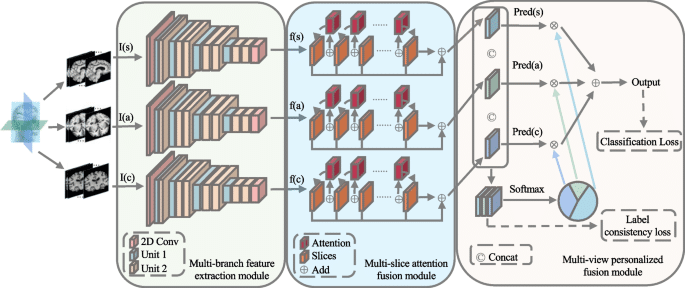Slice, the Indian fintech startup, has taken a decisive step by completing its merger with North East Small Finance Bank. This rapprochement represents an exceptional advancement for a budding company eager to establish itself in the Indian banking sector, which is often difficult to access due to strict regulations. Thanks to this merger, Slice gains entry into a traditionally locked sector and acquires new capabilities to offer banking services, such as savings accounts and investment products. This strategic move also allows Slice to lower its capital costs and directly control its lending activities.
Slice, an Indian fintech startup, has achieved the rare feat of entering the regulated banking sector of India by finalizing its merger with North East Small Finance Bank. This merger, initially proposed last year, transforms Slice into a banking entity while maintaining its digital payment and lending services. It also allows the startup to access capital at a lower cost and have direct control over its lending operations. Despite the regulatory challenges in India, where granting banking licenses is rare, this integration marks a turning point for Slice, supported by investors such as Tiger Global and Insight Partners. Rajan Bajaj, the founder and CEO of Slice, expressed his enthusiasm for creating the “most loved bank in India”.

Table of Contents
Toggleslice: an innovation in the Indian banking sector
The Indian fintech startup Slice has just concluded a significant merger with North East Small Finance Bank. This merger allows it to enter the highly regulated Indian banking sector, a rare feat achieved by few startups. By transforming the Bengaluru-based company into a banking entity, this operation required months of rigor in meeting the regulators’ demands. Slice, specialized in digital payment products and credit lending, expands its range with traditional banking offerings such as savings accounts and various investment products, thereby affirming its commitment to revolutionize financial services.
the regulatory challenges faced
In India, obtaining a banking license is a real obstacle course. The Indian Central Bank is particularly cautious, especially after the banking failures of the 1990s and governance issues at Yes Bank and PMC Bank. Indian fintechs, although innovative and sometimes with substantial valuations, often find themselves forced to closely collaborate with traditional banks. This dependence renders them vulnerable to the shifting priorities of their banking partners. Thus, the merger of Slice with North East Small Finance Bank represents a major advancement, providing access to capital at a lower cost and direct control over its lending operations.
the outlook for slice after the merger
With this merger, Slice positions itself as a key player in the Indian financial landscape. According to Rajan Bajaj, founder and CEO of the startup, this is just the beginning of an adventure aimed at building one of the most appreciated banks in the country. Already backed by renowned investors such as Tiger Global and Insight Partners, Slice now has a solid foundation to develop its innovative services and meet the growing expectations of the market. By participating in this dynamic, the company aligns perfectly with global trends where technology and the banking sector increasingly interact intensively.
𝐅𝐢𝐧𝐓𝐞𝐜𝐡 𝐑:𝐄𝐯𝐨𝐥𝐮𝐭𝐢𝐨𝐧 • 𝐏𝐀𝐓𝐇𝐒 𝐎𝐅 𝐓𝐑𝐔𝐒𝐓 #𝐅𝐅𝐓𝟐𝟒 | 𝐑𝐞𝐩𝐫𝐢𝐬𝐞
— France FinTech | Join us ⚡️ (@FranceFintech) October 17, 2024
Les interventions reprennent !
Découvrir le programme complet 👇https://t.co/8ShZxcemXn pic.twitter.com/0UgTrPGXHD





